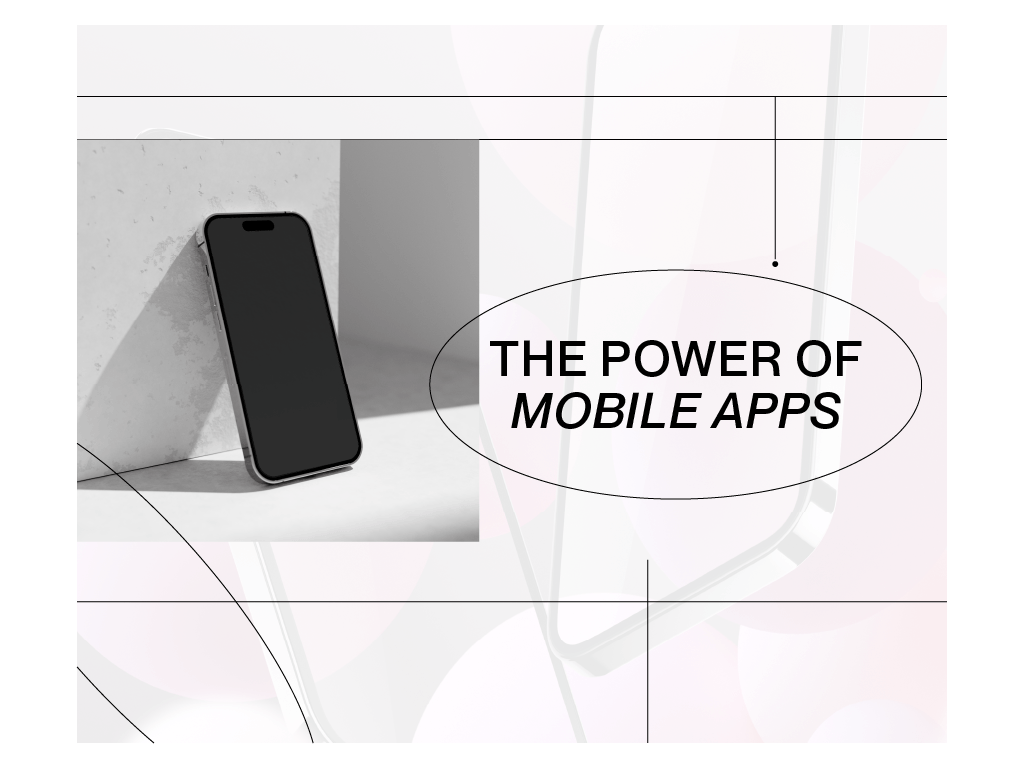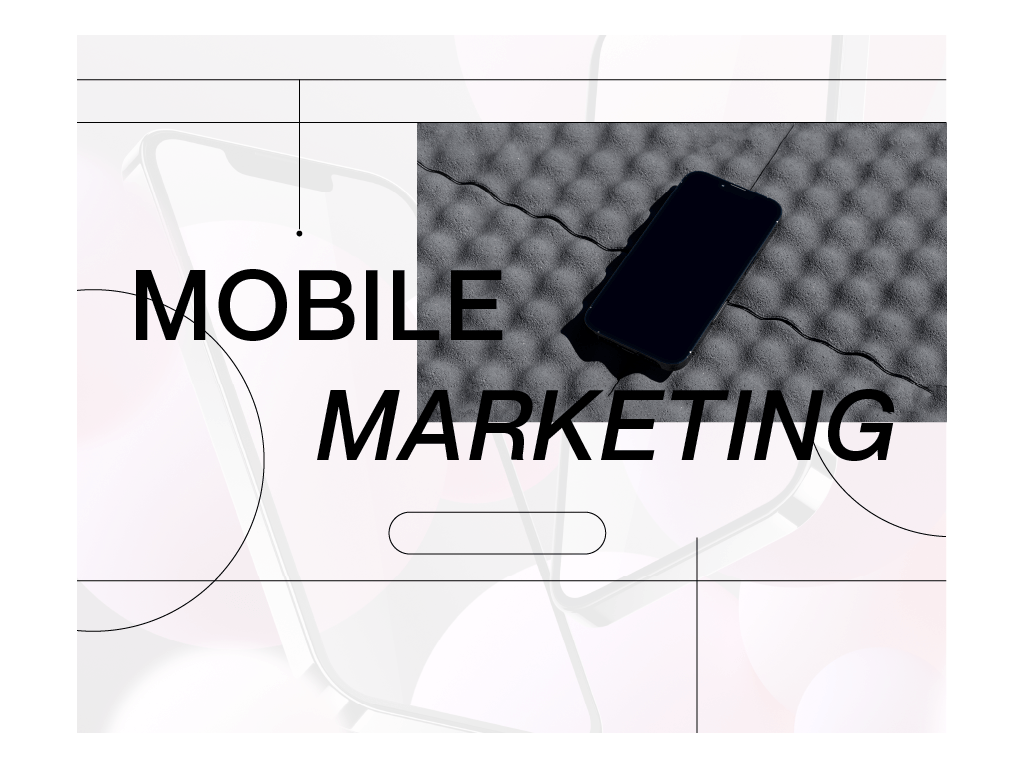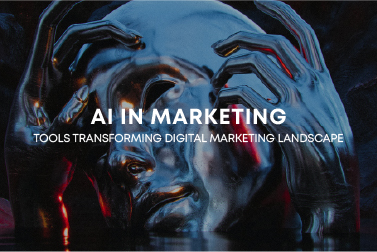In today’s fast-paced world, people are constantly on the move. With smartphones becoming an indispensable part of everyone’s life, connecting with consumers who are always on-the-go has become a crucial challenge for marketers. This is where mobile marketing trends come into play. Mobile marketing involves reaching and engaging with consumers through various mobile devices such as smartphones, tablets, and wearables. In this blog post, we will explore some of the top mobile marketing trends that are helping businesses reach and engage on-the-go consumers.
The Mobile Revolution: Understanding the Shift in Consumer Behavior
Mobile devices are essential for consumer-business interactions. Understanding mobile user engagement and trends is vital for mobile marketing agencies and businesses to stay relevant. The smartphone’s rapid advancement has changed consumer behavior, necessitating companies to adapt.
Mobile shopping
Mobile shopping has become prominent due to the convenience of mobile devices, leading businesses to develop user-friendly mobile apps and optimize their websites.
Communication
The communication between businesses and consumers has been transformed, with messaging apps and social media platforms enabling instant and personalized interaction.
Entertainment
Mobile devices have also become a primary source of entertainment, prompting businesses to adapt their marketing strategies through mobile advertising.
Gathering information
Mobile devices have made gathering information effortlessly, making it important for companies to provide accurate and engaging content that establishes their brand as a trusted authority.
Mobile-First Approach: Optimizing Strategies for Reaching On-the-Go Consumers
The “Mobile-First Approach” means prioritizing digital presence, content, and user experiences for mobile devices first, before other platforms. It is essential for reaching on-the-go consumers effectively. Here are some strategies for optimizing this approach.
1. Responsive Web Design:
Ensure your website is responsive and adapts seamlessly to various screen sizes.
Prioritize a mobile-friendly layout that provides a smooth and intuitive user experience on smaller screens.
2. Fast Loading Times:
Optimize website and app loading times to cater to users who may have limited bandwidth or slower connections.
Compress images, minify code, and leverage browser caching to improve overall performance.
3. User-Centric Design:
Prioritize a user-centric design that focuses on simplicity, intuitive navigation, and a clean interface.
Optimize touch gestures and interactions for mobile users to enhance usability.
Mobile SEO
Implement mobile-friendly SEO strategies to improve search engine rankings.
Ensure that your mobile site is easily crawlable, and prioritize mobile-first indexing.
Mobile App Optimization:
If applicable, optimize your mobile app for a seamless user experience.
Leverage push notifications judiciously to engage users and drive retention.
Content Prioritization:
Prioritize and present content in a concise and easily digestible format for mobile users.
Optimize headlines and images to capture attention quickly.
Cross-Channel Consistency:
Maintain a consistent brand experience across all channels, ensuring that mobile platforms align with your overall branding strategy.
Mobile Payment Integration:
If applicable, integrate mobile payment options to facilitate on-the-go transactions.
Streamline the checkout process for mobile users.
Social Media Optimization:
Optimize social media content for mobile consumption.
Leverage mobile-friendly ad formats and platforms to reach your target audience.
Analytics and Testing:
Regularly analyze mobile analytics to understand user behavior and preferences.
Conduct A/B testing to refine and improve mobile strategies based on user feedback and data insights.
Harnessing the Power of Mobile Apps: Building Interactive Experiences for Engagement

As the world transitions to a mobile-first era, harnessing the power of mobile apps has become a crucial aspect of any comprehensive marketing strategy. Let’s explore the significance of mobile apps in today’s digital ecosystem and how businesses, with the help of a Mobile Marketing Agency, can leverage these tools to create interactive experiences for enhanced engagement.
Mobile Marketing Services: A Gateway to Success
Mobile Marketing Agencies help businesses navigate mobile advertising, providing a range of tailored services. They develop apps and run targeted campaigns, keeping businesses competitive.
Crafting an Effective Mobile Marketing Strategy
A well-crafted Mobile Marketing Strategy is crucial for impactful audience engagement. It involves understanding trends and aligning with brand objectives. Mobile marketing is about creating a seamless experience through strategic app development, UI optimization, and data-driven decision-making.
Mobile User Engagement: The Key to Success
One of the primary goals of any mobile marketing strategy is to enhance Mobile User Engagement. A mobile app that not only serves its functional purpose but also captivates users with interactive features is more likely to succeed. Push notifications, personalized content, and gamification are just a few strategies that Mobile Marketing Agencies employ to keep users engaged. After all, an engaged user is more likely to convert into a loyal customer.
Mobile Marketing Services in Dubai: Navigating the Global Hub
In the bustling business hub of Dubai, where innovation is at the forefront, Mobile Marketing Services in Dubai have gained prominence. Digital Marketing Agencies in the region understand the unique challenges and opportunities presented by the diverse consumer base. These agencies go beyond conventional marketing approaches, integrating the latest technologies and trends to create impactful mobile experiences.
Collaboration with a Digital Marketing and Branding Agency in Dubai
To truly maximize the potential of mobile marketing, businesses in Dubai often collaborate with a Digital Marketing Agency and a Branding Agency. This collaborative effort ensures a cohesive approach across all marketing channels, creating a unified brand identity. From crafting compelling content to designing visually appealing interfaces, the collaboration between Mobile Marketing, Digital Marketing, and Branding Agencies in Dubai elevates the overall brand presence in the digital realm. In the dynamic landscape of business and competition, choosing the right marketing and branding agency is paramount for success. Renowned for its innovative strategies and creative prowess,HOGI has secured its place among the top 10 marketing agencies in the bustling city.
Location-Based Marketing: Targeting and Personalizing Messages for Local Consumers
Location-based marketing is a strategy that businesses use to deliver personalized and relevant messages to consumers based on their current or past locations. This approach allows businesses to target consumers when they are in proximity to a particular business location, making the marketing message more timely and relevant.
How Does Location-Based Marketing Work?
Geofencing:
Virtual boundaries around locations enable businesses to send targeted messages to consumers who enter.
Beacon Technology:
Small Bluetooth devices called beacons are placed in physical locations. When a consumer with a Bluetooth-enabled mobile device enters the beacon’s proximity, they receive location-specific messages or offers.
GPS Targeting:
Businesses use GPS data for targeted marketing based on consumers’ real-time location.
The Benefits of Location-Based Marketing
Relevant and Timely Communication:
By targeting consumers when they are close to a business, the messages they receive are more relevant and timely, increasing the likelihood of engagement.
Increased Foot Traffic:
Location-based marketing can drive more foot traffic to physical stores by enticing potential customers with personalized offers when they are nearby.
Improved Customer Experience:
Personalized messages based on location can enhance the overall customer experience, making consumers feel valued and understood by the business.
Emerging Trends in Mobile Marketing: From Augmented Reality to Voice Search
Technology’s evolution drives new trends, reshaping brand-consumer engagement. Let’s explore two prominent emerging trends in mobile marketing: Augmented Reality (AR) and Voice Search.
Augmented Reality (AR): Bridging the Gap Between Digital and Physical Realities
Augmented Reality has gone from niche to integral in mobile marketing. AR blends digital and physical worlds, providing immersive experiences. AR apps offer interactive content, letting users visualize products before buying. For example, furniture retailers can use AR-powered apps for virtual furniture placement in homes, improving the shopping experience and reducing returns. As AR improves, it will integrate into social media filters and interactive ads, giving brands chances to captivate audiences.
Voice Search: Transforming the Way Users Seek Information
Voice-activated virtual assistants like Siri, Google Assistant, and Alexa have made voice search a transformative trend in mobile marketing. Marketers must adapt their strategies to this behavior by optimizing content for voice search, focusing on long-tail keywords and natural language. Tailored content addressing user needs will give brands a competitive edge. As voice search improves, businesses should integrate voice search optimization into their SEO and content strategies for visibility to users.
In conclusion, the evolving landscape of mobile marketing offers boundless opportunities for businesses to connect with on-the-go consumers and drive digital growth. By embracing the latest trends and partnering with a reliable agency, businesses can effectively target and engage with mobile users in Dubai and beyond, achieving marketing objectives in today’s competitive digital age.




